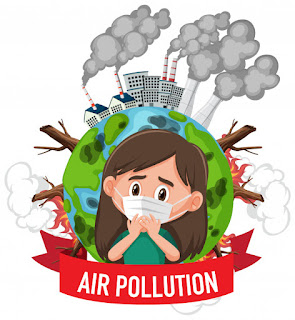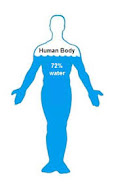Solar System ppt
Solar System
Sun
- Located 93,000,000 from the earth
- Closest star to earth
- At least 4.5 billion years old
- Has a surface temperature of 10,000 degrees and a center temperature of 27,000,000 degrees Fahrenheit
Moon
- Bigger than pluto
- Only object in the solar system visited by humans
- A lunar months is 29.35 days; 1 new moon to the next.
- The moon’s gravitational pull on earth is the main cause of the ocean’s tide.
Asteroids
- The asteroids belt is the space between mars and jupiter
- It contains irregularly shaped chunks of debris called asteroids
- Asteroids made of rock and metal. Mostly nickel and iron.
Planets
- Mercury
- Venus
- Earth
- Mars
- Jupiter
- Saturn
- Uranus
- Neptune
Mercury
- Closest to the sun
- Smallest planet
- Rotates once every 59 earth days
- One day on Mercury lasts 176 earth days
- Very dry, hot and almost airless
Venus
- Second closest planet to the sun
- Brightest celestial body besides the moon and sun
- Cannot be seen in the middle of the night
- Can be observed in the east at sunrise
- And the west at sunset
Earth
- 3rd from the sun
- 5th largest planet in the solar system
- More than 4.5 billion year old
- Has one natural satellite we call the moon
- Oceans cover 70% of earth’s surface
Mars
- Fourth from the sun
- Only planet whose surface can be seen in detail from the earth.
- Reddish in color, the atmosphere of Mars is made up of carbon dioxide.
- The fifth planet from the sun
- Largest planet in the solar system
- Has at least 39 months
Saturn
- Sixth planet from the sun
- Has at least 31 moons
- The surface on saturn consists of liquid and gas
Uranus
- Seventh planet from the sun
- 1st planet discovered with a telescope
- Atmosphere is a mixture of Hydrogen, Helium and Methane
- Does not have a solid surface
Neptune
- 8th planet from the sun
- The atmosphere is mostly hydrogen and helium
- Has 8 known moons














That's awesome
ReplyDeleteThank you 🙂 ... It's helpful
ReplyDelete